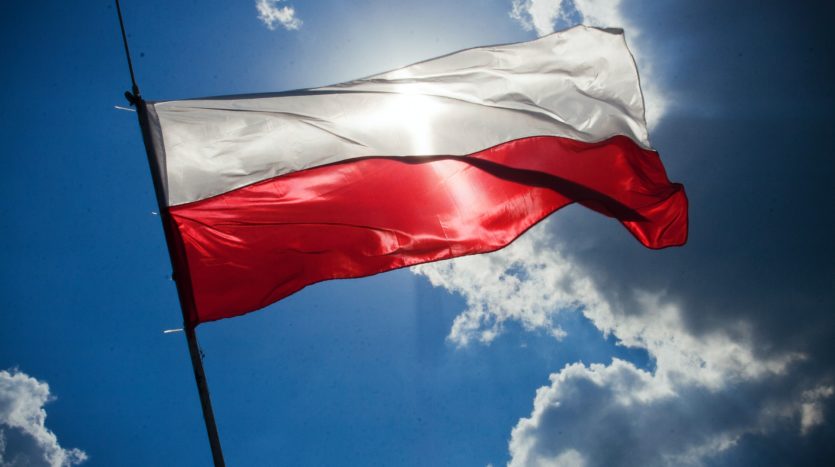Recently, I had conversation with one of our clients who came to us through our property finding service. He was looking for some investment property in Poland, where his grandparents had left for Chicago to start a new life in the early 1900s. After learning more about his situation, I asked,
“What if you qualify for Polish citizenship by descent?”
We spend most of our time in our business helping people navigate the ins and outs of various property markets around the world. That is our primary focus.
Through our daily activities, it is common for us to get into conversations about second (or third, or fourth citizenships). What many people with Polish ancestry don’t know is that they may qualify for Polish citizenship by descent, or they may already be considered Polish citizens without knowing it.
In many countries, investing in real estate is one of the easiest ways to get on the path to citizenship. Governments in certain places reward those who can afford to invest in their countries with citizenship. These types of arrangements are commonly called “golden visas,” and we have lots of conversations about earning residency (and eventual citizenship) by investing in property. The most popular countries for that approach right now are places like Portugal, Malta, Turkey and Georgia.
There is sometimes an easier and less expensive path to becoming a citizen in another country. If you can prove your ancestry, the citizenship process in many countries is much easier. Polish citizenship by descent is one of those programs.
Who qualifies?
Anyone with parents, grandparents or great grandparents born in Poland or one if its territories qualifies for Polish citizenship by descent.
At least one of your ancestors you are using to claim your citizenship must have been a Polish citizen on the day you were born OR was born in Poland and lived in Poland after 1920 OR left Poland after 1920 but you can verify their former home address in Poland, Prussia, Russia or the Austro-Hungarian Empire through the appropriate government offices.
The documents that prove the Polish citizenship of one of your ancestors can be a Polish passport, ID card, military service card, registration card or emigration card if they officially moved to Poland from elsewhere.
How does it work?
Poland does not require you to renounce any other citizenships in order to obtain a Polish passport. There are a few steps to follow in order to obtain your Polish citizenship. For those who have Polish ancestry, this is the easiest path.
The application process looks like this:
- Ancestry: Gather evidence of your Polish ancestry, either through documents in your possession or through official copies from the Polish government archives.
- Identity: Gather evidence of your personal connection to your Polish ancestors, such as marriage certificates, birth certificates and death certificates, along with your current passport and proof of address.
- Translations: Translate any documents that need translating into the Polish language. The translations must be completed by an official translator who is recognized by the Polish government.
- Polish address: Find someone with a local address in Poland who can serve as a correspondent for the citizenship paperwork. This is a service provided by lawyers or citizenship/immigration companies for a small fee, or as part of their other service packages.
- Application: Submit you application, birth certificate and marriage certificate (if applicable) with the appropriate fees. The application package and fees must be submitted to a consulate or provincial office. The total fees are 360 euros for the application and 20 euros for the notary signature verification. Any translation costs will be extra.
- Response: Wait for a response with an approval or a denial. A denial will be accompanied with the reason, which you may or may not be able to remedy depending on the situation. The process can take more than a year, so be prepared to exercise some patience.
- Confirmation: Once all the requirements have been satisfied, you will receive confirmation from the government. Congratulations!
- Identification number: The next step is to submit your application for a Polish identification number (PESEL).
- Passport: Once you have received your PESEL number, you can apply for a Polish passport. The process takes anywhere from a few weeks to a month, depending on the backlog of passport requests.
What are the benefits of having Polish citizenship?
Polish citizenship by descent will give you all the rights and advantages available to other Polish citizens.
Poland is a member of the European Union, which makes a Polish passport a nice one to have. Citizenship in Poland gives the passport holder the right to live, work and study in any of the other EU member states without any restrictions.
Once you obtain your Polish citizenship, you can also take advantage of any medical care, social security, education, grants and tax advantages that apply to your individual situation.
We hope you found this article useful! Please feel free to leave a comment if you have tips or tricks to share when it comes to obtaining Polish citizenship by descent.

